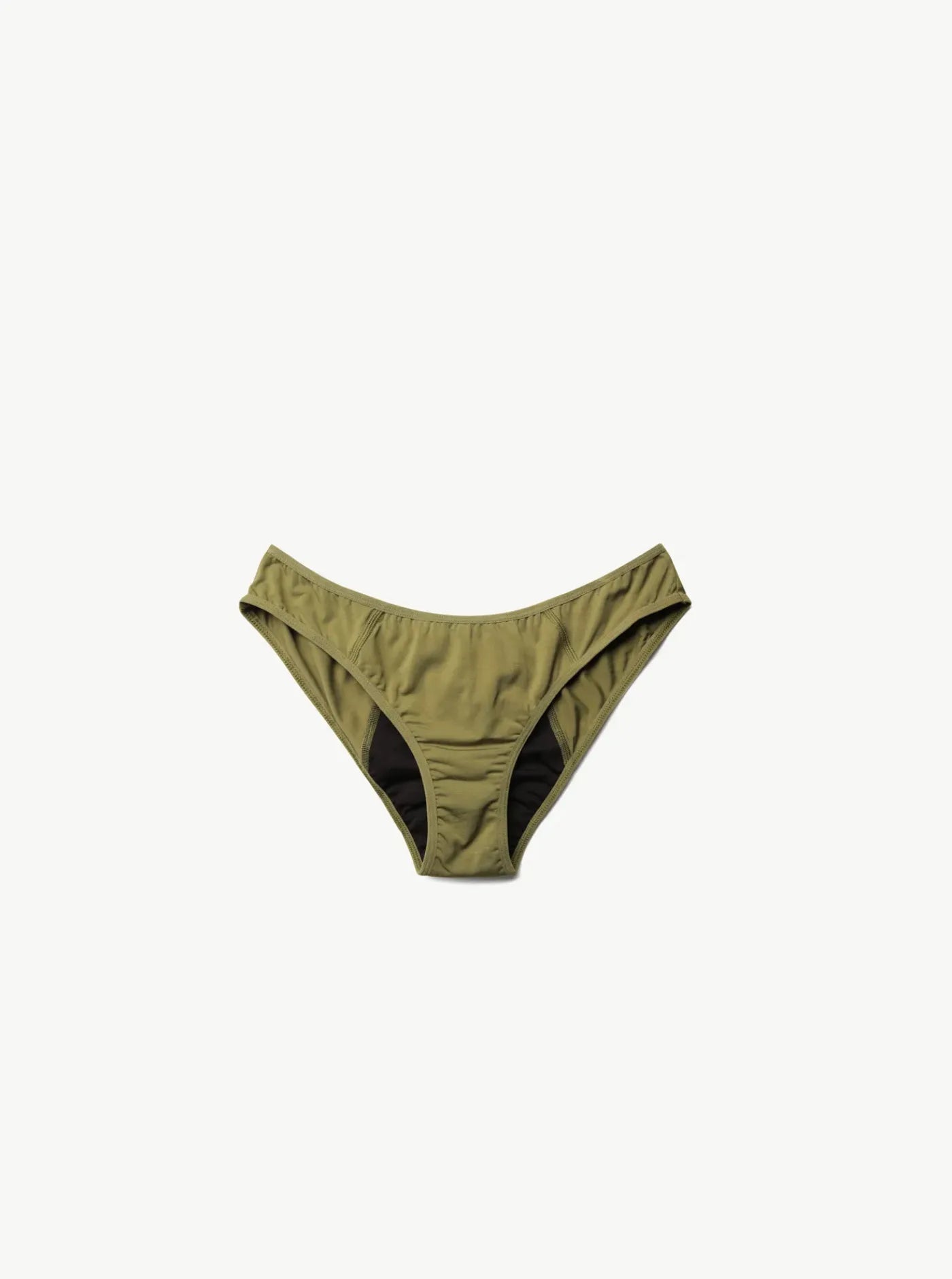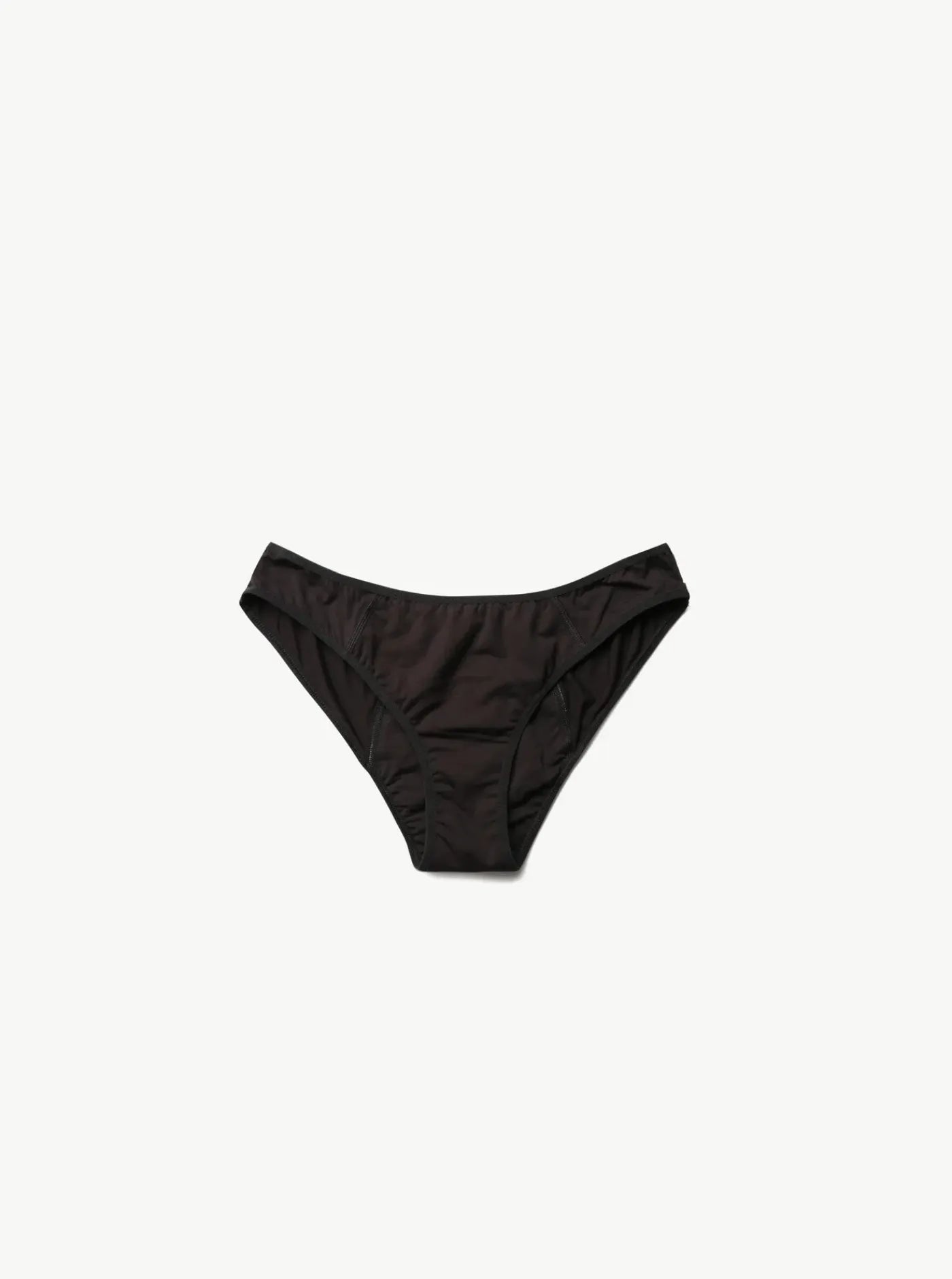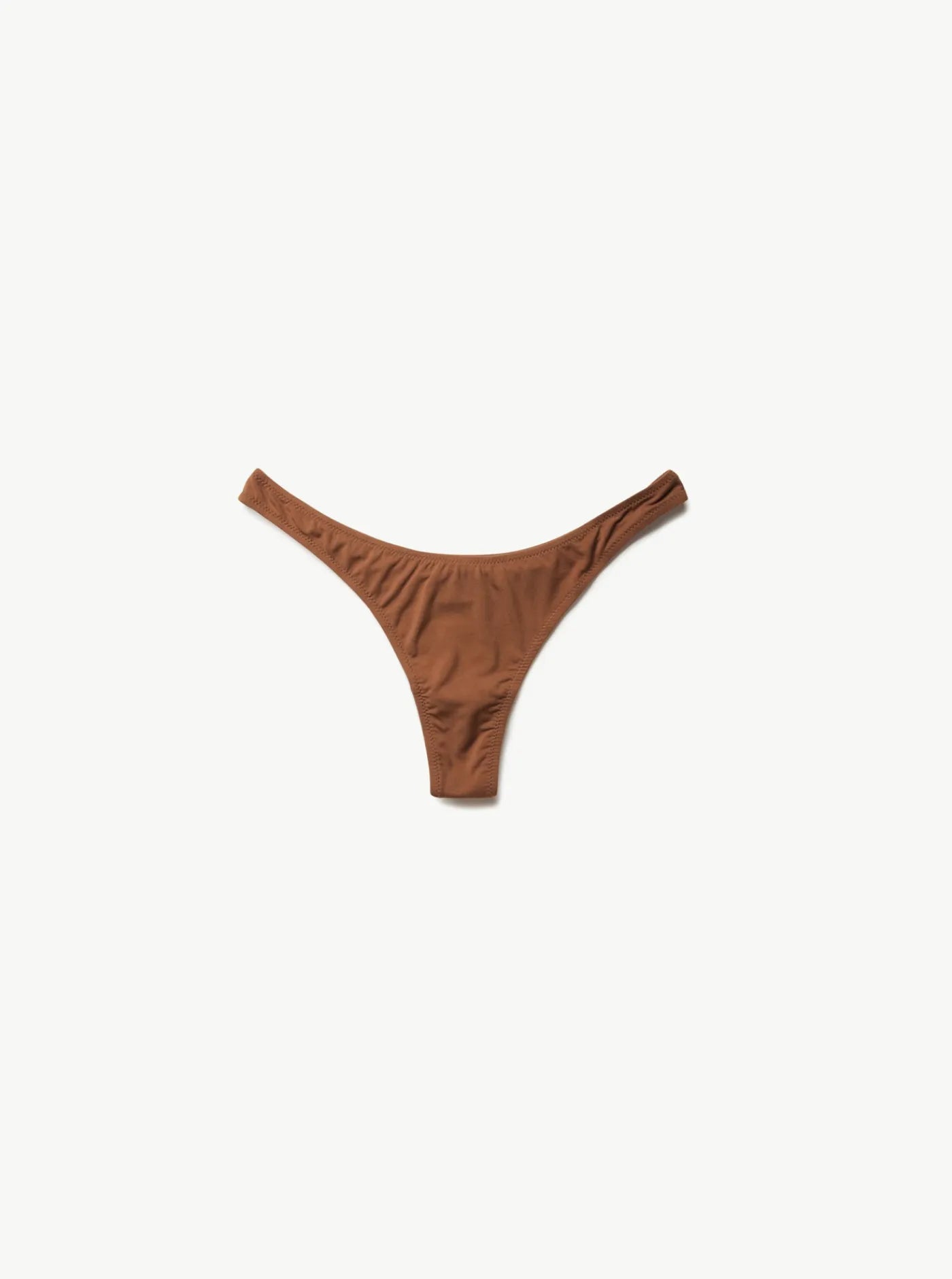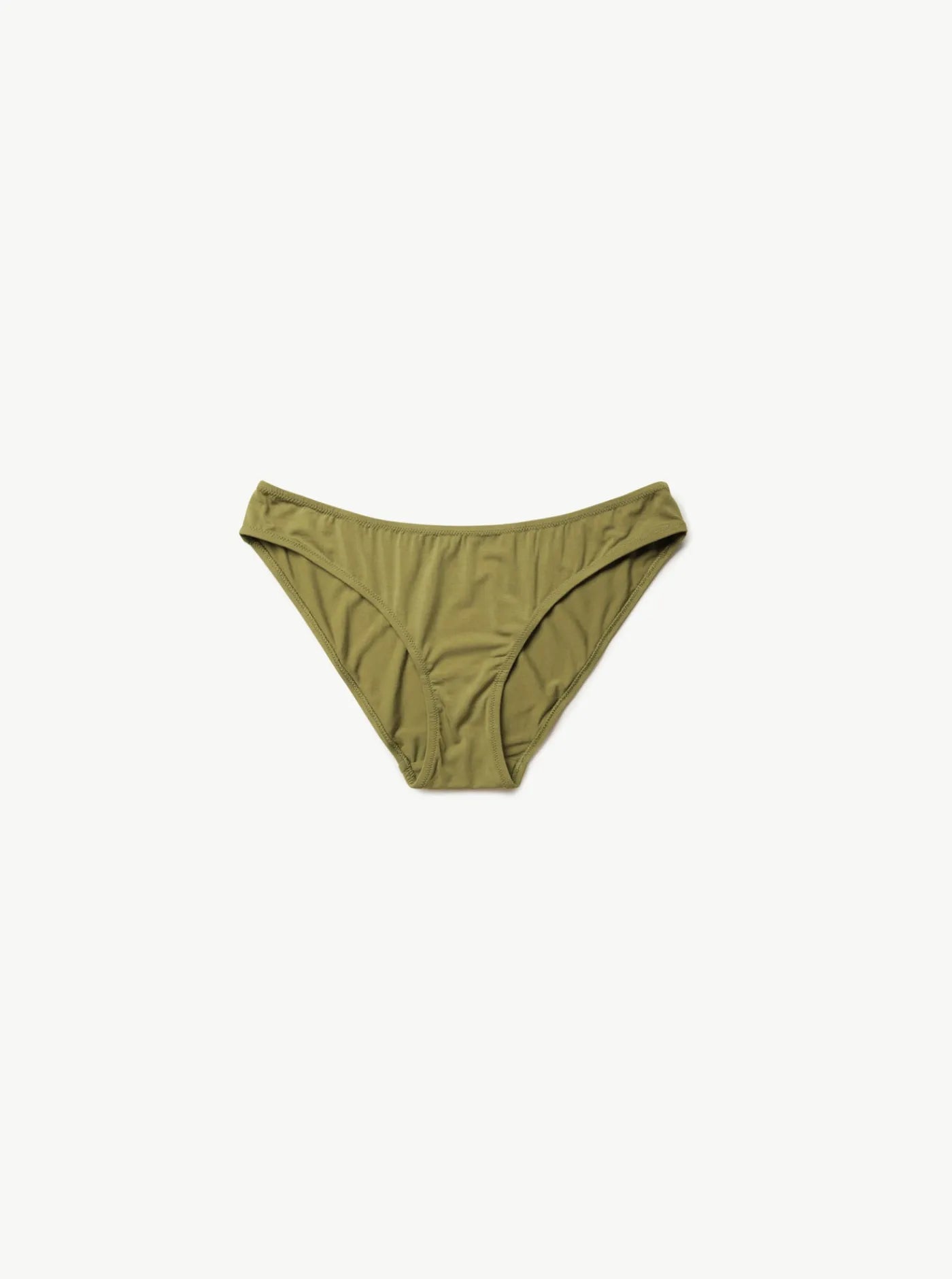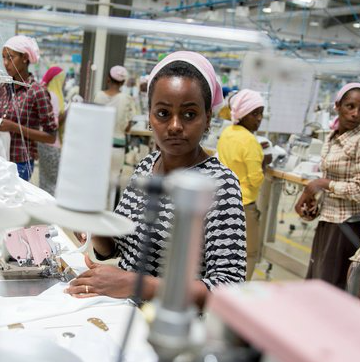Why Sustainable Fashion Is More Important Than You Think
In the 1980s, Patagonia, an outdoor apparel company, introduced the concept of sustainability into the world of fashion. The rock-climbing owners of the firm witnessed the rapid destruction of the environment and were alarmed by how the production of cotton aggravated its declining state. As a solution, they reconstructed their business model around sustainable and ethical practices and has been donating a portion of their annual revenue to likeminded organizations according to CSR Central.

(image: Pexels)
Fast fashion
Even with the success of Patagonia and other sustainable brands like ESPRIT, fast fashion still dominates the market. Named after its quick adaptation from high-end fashion shows to marketable trends, fast fashion is notorious for employing the most optimal manufacturing methods for an inexpensive price. More often than not, it comes with little regard for the environment or socio-economic responsibilities. Before its rise, trends changed four times a year but NPR reports that it has increased to 15 or more seasons annually which is good news for the money-making ventures of these companies.
Fast fashion retailers are making a lot of profit, but who’s taking care of the planet and the people? Eco-friendly and ethical clothing brands aim to do just that. Because it’s radical and unrealistic to stop all mass production of clothing, it looks like people will have to convert to sustainable brands as the better alternative to fashion.

(image: Fashionista)
For the planet
Inexpensive yet stylish clothing come with a price and mother nature is paying for it. Companies are always looking to cut costs in the different stages of the life cycle of a product. In manufacturing, the use of toxic chemicals that harm the atmosphere and biological organisms including humans is common for speeding up the process. The Independent reports that non-biodegradable fabrics used shed due to their low quality which eventually find their way to the oceans – a serious threat to marine life. And because the garments are disposable, they take up a lot of landfill space – 16.22 million tons of textile worth in the US – with only a little amount getting recycled.
This business model is unsustainable in the long run because it requires substantial amounts of natural resources such as water and energy which are not limitless. In practice, sustainable brands aim to improve all the stages of production until it reaches its final stage in three ways: (1) efficient use of natural resources; (2) opting for renewable resources; and (3) improving efforts for recycling and repair.

(image: NYTimes)
For the people
Look at the dark side of the fashion industry and you’ll see child labor, sweatshops, and unfair trade, among many other socio-economic issues. An estimated 170 million children in mostly developing countries are being exploited for cheap labor. Factory workers also often dedicate long hours in poor working conditions for pitiful wages. Hara previously reported on the factory collapse incident in Bangladesh where 1,134 people perished. In China, the livelihood of freshwater fishermen are suffering due to toxic waste being dumped into their rivers.
Aside from Patagonia, eco-ethical brands such as People Tree, Alternative Apparel, and many more are here to ensure that their brand is improving the lives of their stakeholders instead of putting them in harm’s way. The well-being of people involved are just as valuable as the environment and making profit.
As a consumer, you can do more than boycotting a brand due to its unsustainable and unethical practices. Pretty Me suggests donating old clothes to a charity instead of throwing them away. As for acquiring wardrobe additions, your nearest thrift store can be a treasure trove if you know how to dig. Of course, think carefully first whether you really need a new pair of jeans or another sweater.
If you truly need brand new clothes, your job is to be discerning when it comes to supporting a label. Sustainable fashion brands are the clear choice because they uphold a balance between the three Ps: profit, planet, and people.
Written by Allison Crawford for harathelabel.com.




